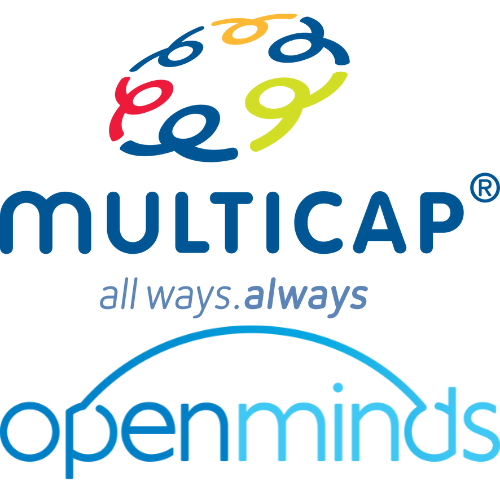
Sunday, 27 July 20259:00 - 10:15 aMTorrens |
Connect with Compassion: Fostering Meaningful Progress in Low-Frequency Early Intervention ABA Program
Karishma Khullar EmpowerBx Pty Ltd Abstract: This research assesses the efficacy of low-frequency Applied Behaviour Analysis (ABA) interventions under Australia’s NDIS, where funding limits services to 2-4 hours weekly. Over a year, five children with Autism received these limited-hour interventions focused on enhancing life quality through compassionate, Today's ABA principles. Target Audience: ABA Practitioners, BCBA/CBAs, EIBI Service Providers Learning Objectives:
BACB CE Instructor: Karishma Khullar |
Creating a reference range of common behaviours of concern and replacement behaviours in neurotypical Australian children aged 1-10 years
Renee Collins1 & Erin Leif2
1Super Kids Behaviour Consulting; 2Monash University Abstract: It is important for allied health professionals and behaviour analysts to have an understanding of neurotypical child development when working with neurotypical and neurodivergent children. There are limited resources that outline this. Current behaviour analytic assessments and curricula do not provide quantifiable rates per age that can be used and considered when developing behaviour reduction or acquisition goals. Therefore, professionals often have unreasonable expectations of children when considering behaviour reduction goals related to problem behaviours and when teaching replacement behaviours. This is disheartening and unfair for clinicians, parents and learners. To address this knowledge gap, we conducted a survey of over 1,500 parents of neurotypical Australian children aged 1-10 years. The survey aimed to create a reference range of common behaviours of concern such as biting, hitting and tantrums, and replacement behaviours, such as requesting, tolerating delays and denials, and waiting. This research is a systematic replication and extension of VanDevander, Warner, Kazemi & Fahmie (2023). We will communicate the research findings to service providers and practitioners who deliver ABA-based programs so that they can ensure reasonable goal setting, to better support families and minimise adverse outcomes. Target Audience: Behaviour analysts, allied health professionals and educators Learning Objective: At the conclusion of this presentation, participants will be able to:
|
Bridging the Gaps: MTSS in Early Childhood for Children Without DiagnosisJill Hellemans, Analise Vella, & Micah Street Learn My Way Abstract: In
early childhood education, a significant number of children with high
support needs are not diagnosed, leaving a gap in service delivery that
impacts both the child and the educator. As educators face increasing
burnout from managing these cases, many children slip through the
cracks, often not receiving appropriate support until they enter primary
school. The challenges are compounded by systemic delays, such as the
long process of securing NDIS funding, waitlists for paediatricians, and
difficulties accessing clinicians. Target Audience: Practitioners that work within early childhood education Learning Objective: At the conclusion of this presentation, Understanding MTSS Implementation: BACB CE Instructor: Jill Hellemans |




.png)


